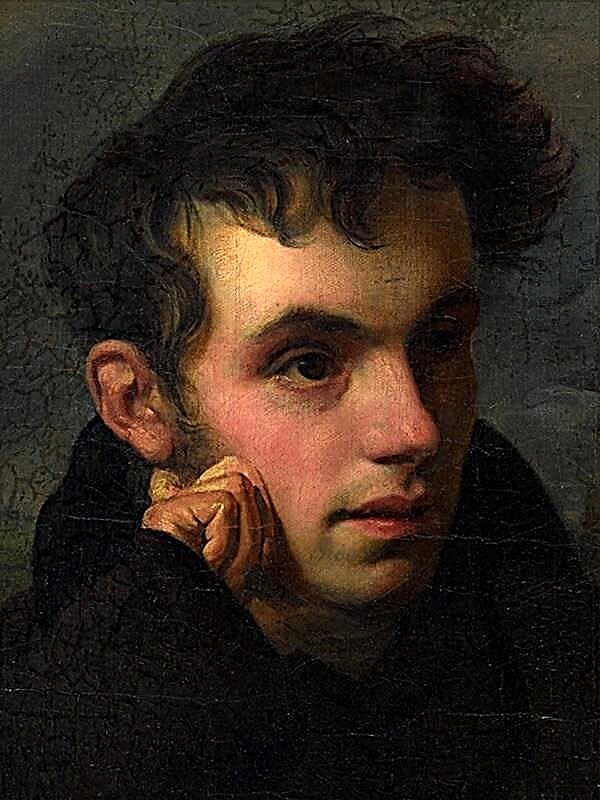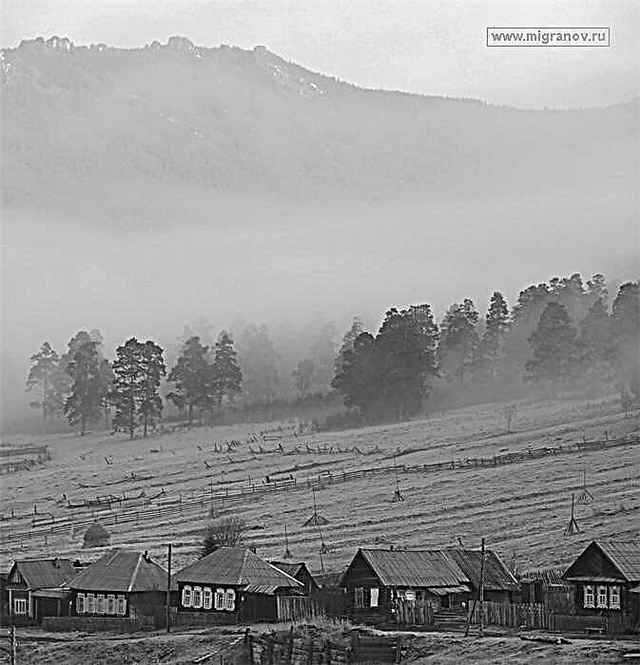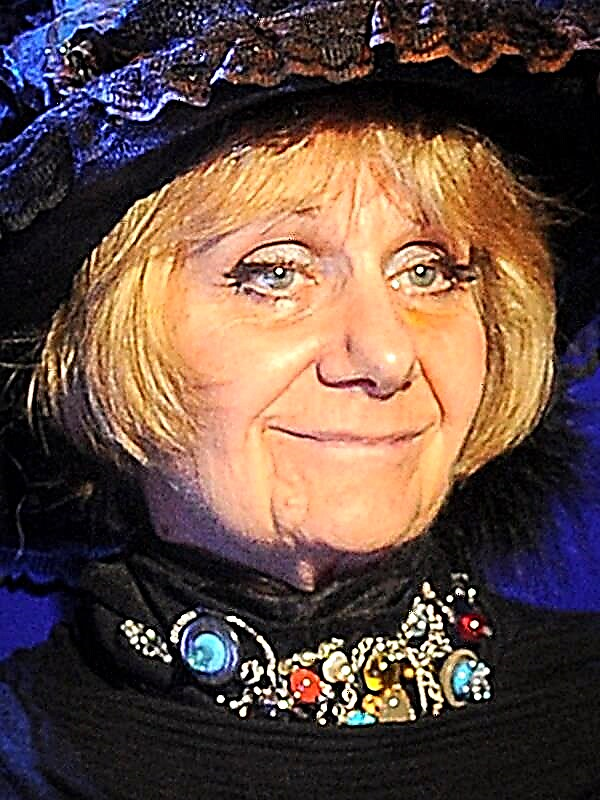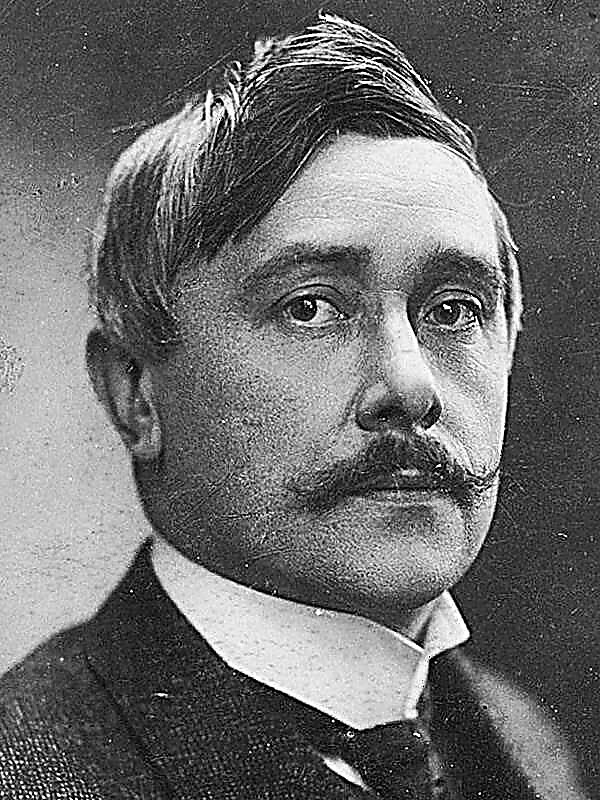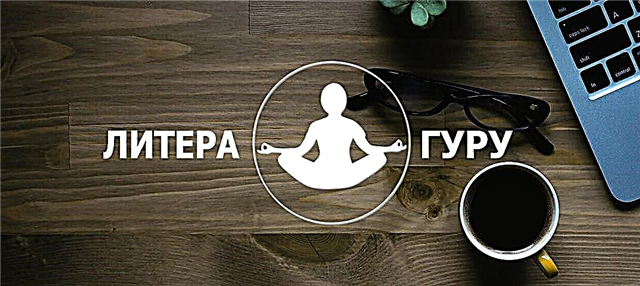Sadko is a young hussar from Veliky Novgorod. At the beginning of the story he is poor, proud and proud. His only treasure is the lined gusli on which he plays, moving from one cheerful feast to another.
However, the day comes, and after it another, third, when Sadko is not called for an honest feast. The hero’s pride is hurt, but he does not show offense to anyone. Alone, he goes to Lake Ilmen, sits on a white-burning stone on the shore and takes out the treasured gusli. Sadko plays, taking away the soul in music. From his play, the water in the lake “stirred up”. Without paying attention to this, Sadko returns back to the city.
Soon the story repeats itself. Sadko is not again called to the feast - one, two, three. He again goes to Lake Ilmen, again sits on a combustible stone and begins to play. And again, the water in the lake sways, foreshadowing something.
When Sadko comes to Lake Ilmen for the third time, a miracle happens. After his playing on the harp, the waters move apart and from the depths of the lake the sea king himself appears, who addresses the hero with the following words:
Come on, Sadko Novgorodsky!
I do not know how you will be welcome
For your joys for greatness
Al countless golden treasury? ..
The sea king gives Sadko advice: to bet with the merchants that he will catch fish in the lake - golden feathers. The king promises to throw these fish into the net to Sadko.
At the next feast, the musician follows this advice. In the circle of very tipsy merchants, he offers a dispute, boasting that he knows "a miraculous miracle in Lake Ilmen." He offers his rivals who laugh at his stories:
Let's strike a great mortgage:
I'll lay my head in a riot
And you patch up the shops of red goods.
Three of the merchants agree. The argument ends with Sadko's complete victory. Throwing a net three times, he pulls out three goldfish. Merchants give him three benches of expensive goods.
From this moment, Sadko begins to rapidly grow rich. He becomes a successful merchant, receives "great profits." His life is changing, he is overgrown with luxury, giving vent to whimsical fantasies. In his white-stone wards, Sadko arranges “everything in heaven”:
The sun is in heaven and the sun is in the chambers
In heaven for a month and in the wards for a month,
Stars in the sky and stars in the chambers. "
He sets a rich feast, to which he invites the most eminent Novgorod citizens. At the feast, everyone eats up, get drunk and begin to boast in front of each other - who is a fine daredevil, who is an uncountable treasury, who is a good horse, who is a noble family, who is a beautiful wife. Sadko keeps silence for the time being. The guests finally wonder why the owner doesn’t boast of anything. Sadko importantly replies that his superiority is now too obvious to argue. And in proof of his power, he declares that he is able to buy up all Novgorod goods.
He does not have time to utter this, as all the guests strike with him "about a great mortgage", offended by such exorbitant pride. They decide that if Sadko does not keep his word, he will give thirty thousand rubles to the merchants.
The next day, Sadko wakes up at the dawn, wakes up his brave squad, gives each squad a lot of money and one single command: to go to the mall and buy everything in a row. He himself also goes to the living room where he buys indiscriminately.
The next morning, the warrior gets up early again and wakes up the squad again. In the shopping and living rooms they find twice the goods against the former and again buy everything that comes to hand. Shops and collapses are empty - but only until a new day. In the morning, Sadko and his retainers see an even greater abundance of goods - now they are three times, and not twice as many as before!
Sadko has no choice but to think.He understands that it is not in his power to buy goods in this wonderful trading city, he admits that overseas goods will also be in time for Moscow goods. And no matter how rich the merchant, glorious Novgorod will be richer than anyone. So the vain hero in time gets a good lesson. After losing, Sadko humbly gives thirty thousand to his rivals, and builds thirty ships with the remaining money.
Now Sadko - passionate and daring - decides to see the world. Through the Volkhov, Ladoga and Neva, he goes to the open sea, then turns south and swims to the possessions of the Golden Horde. There he successfully sells the Novgorodian goods he had taken with him, as a result of which his wealth is multiplying again. Sadko pours barrels of gold and silver and turns the ships back to Novgorod.
On the way back, a caravan of ships falls into a terrible storm. The waves hit the ships, the wind breaks the sails. Sadko realizes that this is fooled by his old friend - the sea king, who has not been paid tribute for a long time. The merchant turns to his squad with an order to throw a barrel of silver into the sea. But the elements do not calm down. Ships due to the storm cannot move. Throwing a barrel of gold is the same result. Then Sadko understands: the sea king demands a “living head in the blue sea”. He himself offers his combatants to cast lots. Throw twice, and both times the lot falls on Sadko.
And here Sadko-merchant gives the last orders before sinking to the bottom. He bequeaths his estates to the churches of God, a young wife and a poor brotherhood, and the rest to his brave warriors. Saying goodbye to his comrades, he takes the old rowed gusli and on the same board stays in the waves. At that moment the storm abates, the ships break away and disappear in the distance.
Sadko falls asleep on his raft right in the middle of the sea. He wakes up in the possession of the sea king. In the white-stone underwater palace, he meets with the king himself. He does not hide the triumph:
Century you, Sadko, rode the sea,
I, the king, did not pay tribute,
And noni all came to me in presents.
The king asks the guest to play him on the harp. Sadko begins the dance tune: the tsar, unable to stand it, starts to dance, more and more entering the excitement. Sadko plays for a day, then the second and third - without a break. The king continues his dance. A terrible storm arose from this dance at sea. Many ships sank and crashed, flooded the banks and villages. People everywhere prayed to Mykola Mozhaysky. It was he, the saint, who pushed Sadko in the shoulder, quietly and strictly explaining to the gusliar that it was time to end the dance. Sadko objected that he had an order and he could not disobey the king. “And you tear down the strings,” the gray-haired old man taught him. And he also gave such advice. If the sea king orders to marry, do not argue with him. But out of hundreds of brides proposed to choose the latest - Chernavushka. Yes, on the first wedding night, do not do fornication with her, or else he will forever remain at the bottom of the sea.
And with one movement Sadko breaks the treasured strings and breaks his favorite harp. The storm is abating. Grateful for the music, the sea king invites Sadko to choose a bride. Early in the morning, Sadko sets off for the bride. He sees three times in three hundred written beauties, but misses them all. Behind everyone goes, with downcast eyes, the damsel Chernavushka. Her Sadko and calls his betrothed. After the wedding feast, they are left alone, but Sadko does not touch his wife. He falls asleep near Chernavushka, and waking up, discovers that he is in Novgorod, on the steep bank of the Chernava River. On Volkhov, he sees his suitable all-purpose ships. There his wife and squad commemorate Sadko. They do not believe their eyes when they see him alive, meeting them in Novgorod.
He hugs with his wife, then greets friends. Unloads his wealth from ships. And he builds the cathedral church of Nicholas of Mozhaisk - as requested by his saint.
Since then "Sadko did not go on the blue sea anymore / Sadko began to live in Novi grad."

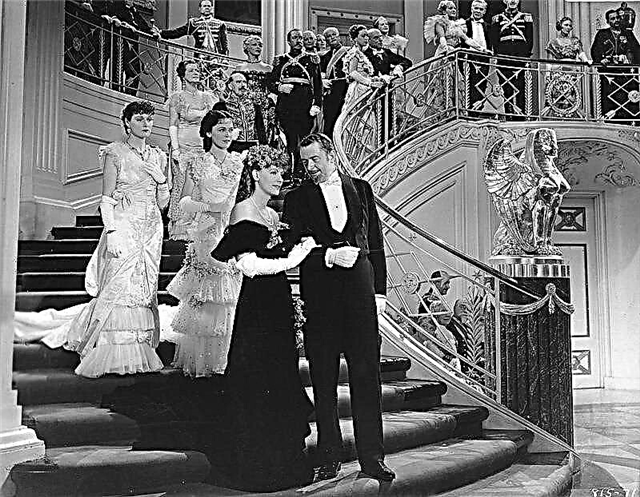
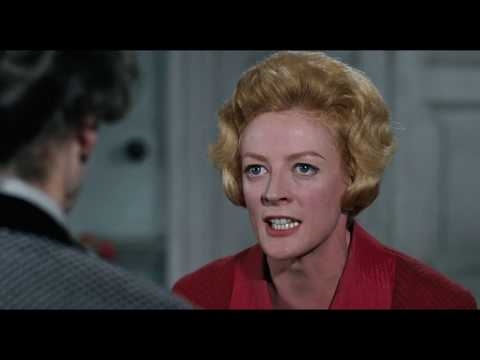
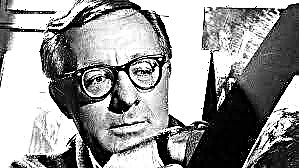
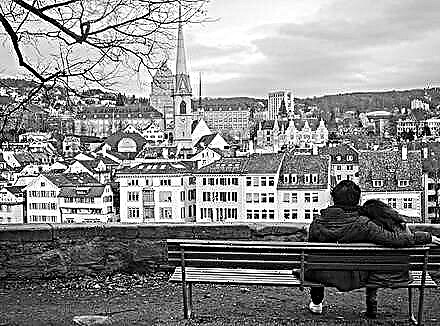
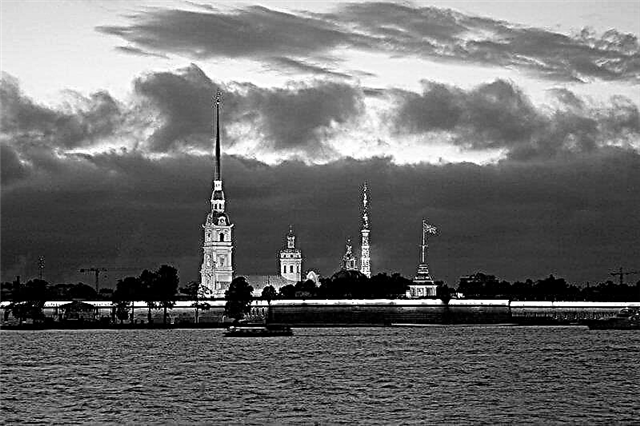
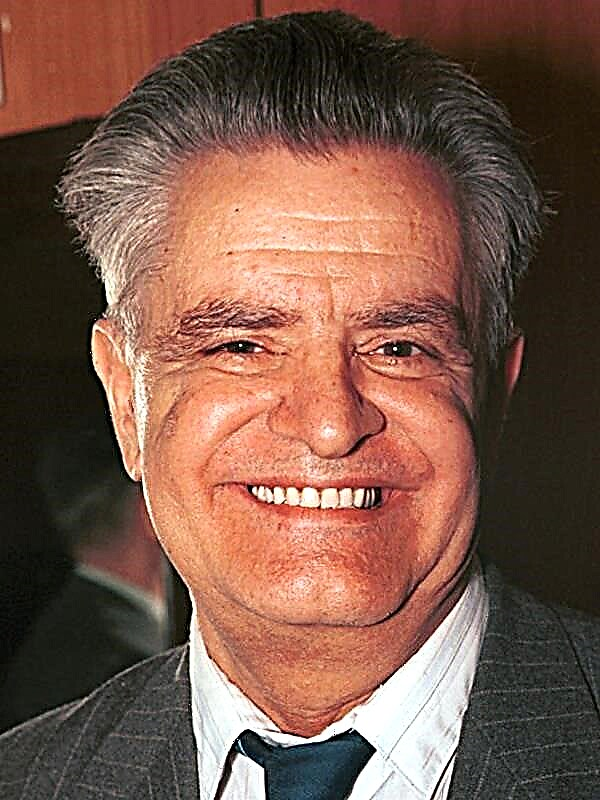
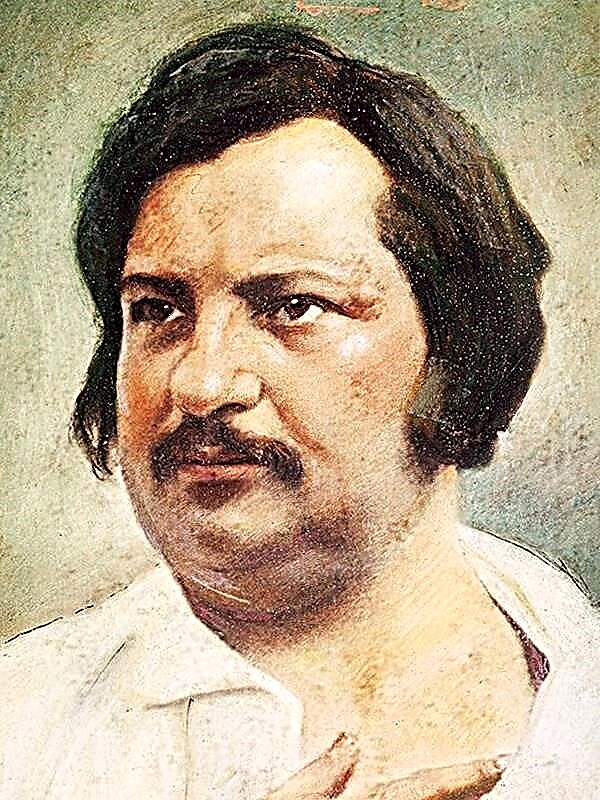 Shuans
Shuans